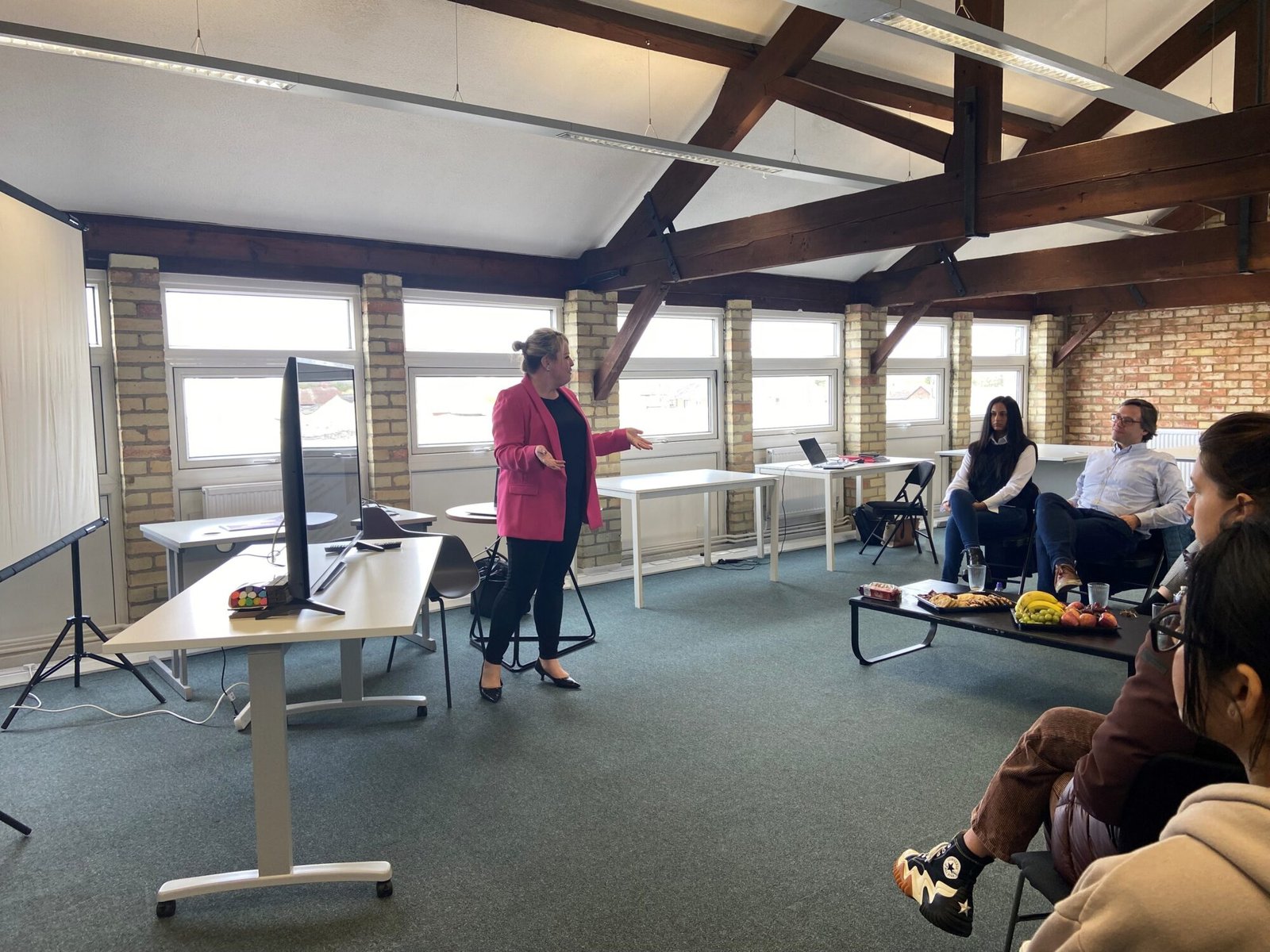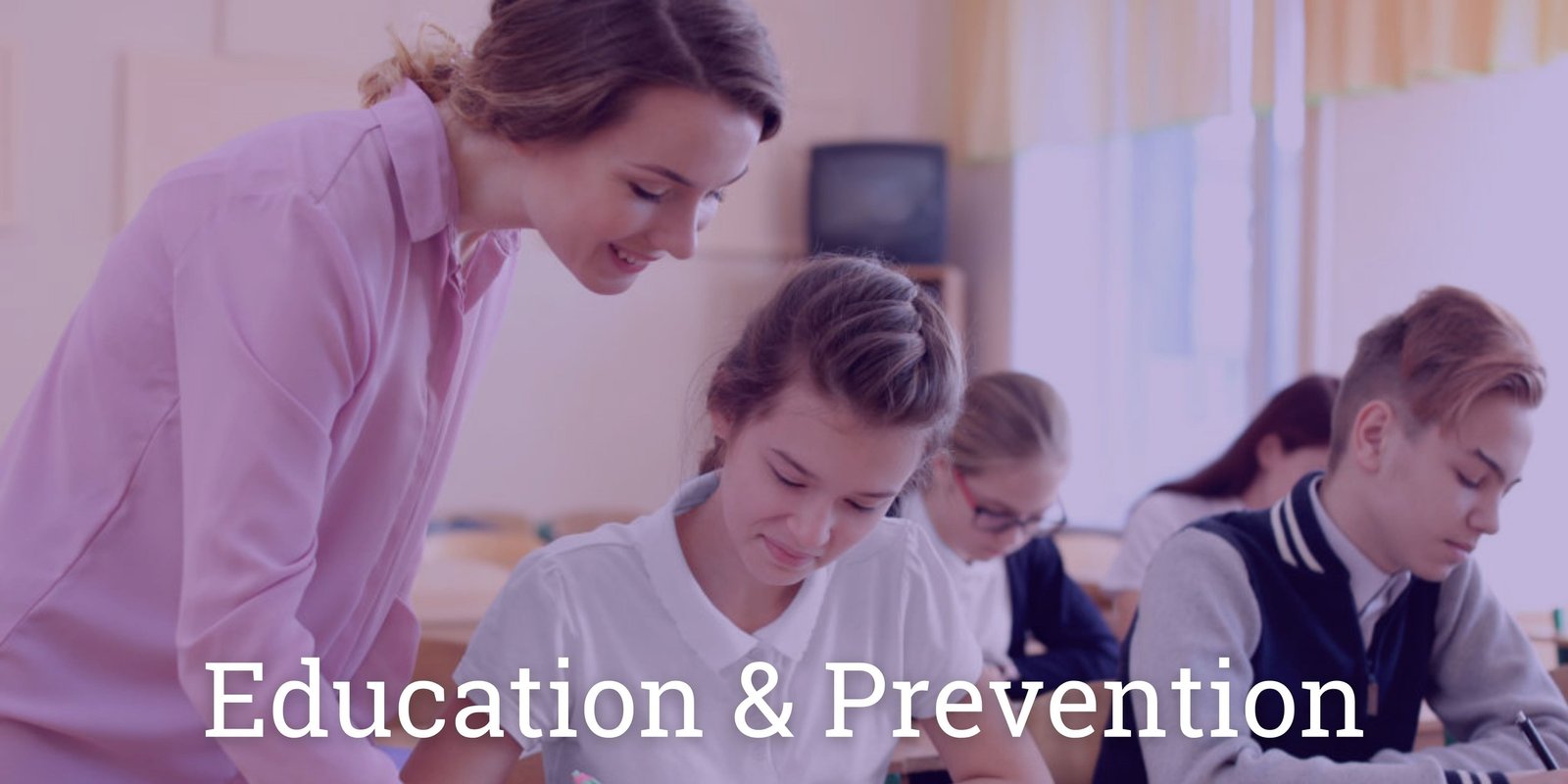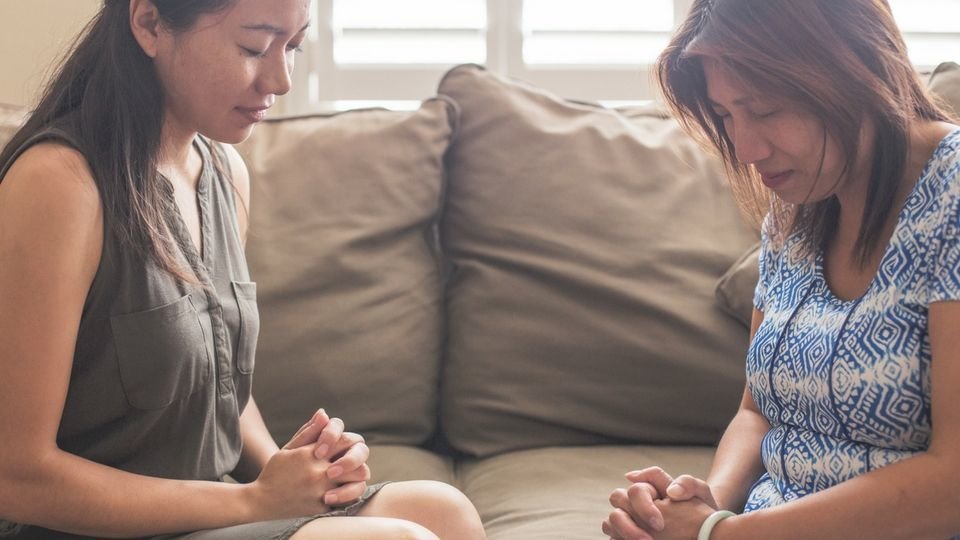Domestic abuse affects millions of individuals across the world, and while numerous support systems are available for survivors, prevention remains key to reducing its occurrence. Education plays a critical role in both preventing domestic abuse and empowering individuals to recognize unhealthy patterns in relationships. By fostering awareness, teaching healthy relationship dynamics, and breaking the cycle of abuse, education helps build stronger, safer communities.
1. Raising Awareness of Domestic Abuse
One of the most vital ways education helps prevent domestic abuse is by raising awareness about its existence, impact, and signs. Many individuals, particularly those who have experienced abuse, may not recognize unhealthy behaviors as part of an abusive cycle. Educational programs, whether in schools, workplaces, or communities, aim to teach individuals about the various forms of abuse, including physical, emotional, verbal, financial, and psychological abuse.
- Awareness Campaigns:
Public education campaigns are crucial in educating the general population about the signs of domestic violence and how to seek help.- Examples:
- The Purple Ribbon Campaign – A global initiative raising awareness about domestic violence.
- No More Campaign – A campaign focused on ending domestic violence and sexual assault.
- Examples:
By making this information accessible, we reduce the stigma surrounding domestic abuse and encourage victims to come forward.
2. Teaching Healthy Relationships
Education on healthy relationships is fundamental in preventing domestic abuse. When individuals understand what constitutes respect, trust, and equality in relationships, they are less likely to tolerate or perpetuate abuse. Many prevention programs, especially in schools, focus on teaching students the key components of healthy relationships.
- Key Components of Healthy Relationships:
- Mutual respect
- Open communication
- Emotional support and empathy
- Boundaries and consent
By instilling these values early, education provides individuals with the tools they need to engage in positive, non-abusive relationships.
3. Empowering Individuals with Knowledge and Resources
Education empowers individuals by providing them with resources and information on how to recognize abuse, protect themselves, and seek help when necessary. This includes both formal and informal education avenues, such as:
- School Programs and Workshops:
Many schools offer programs that focus on bullying prevention, emotional intelligence, and relationship skills, which can help students understand how to build healthy relationships while avoiding abusive behaviors. - Community Outreach Programs:
Organizations such as domestic violence shelters and local health clinics often run educational programs to reach vulnerable populations, such as women, children, and marginalized groups, and equip them with resources and knowledge on domestic abuse prevention.
By providing individuals with access to information, education helps break the cycle of abuse and create stronger, more informed communities.
4. Promoting Gender Equality
Education also plays a crucial role in promoting gender equality, which is essential for reducing the prevalence of domestic violence. Many instances of abuse stem from power imbalances and gender stereotypes that perpetuate inequality. By integrating gender equality education into schools, workplaces, and community programs, we can help reshape harmful beliefs that contribute to abusive behavior.
- Gender-Sensitive Education:
- Challenging traditional gender roles and expectations
- Teaching individuals about mutual respect and shared decision-making in relationships
- Encouraging both men and women to engage in positive social change
Promoting gender equality creates a society where both genders have equal rights and respect, which helps to diminish power dynamics often seen in abusive relationships.

5. Addressing the Root Causes of Abuse
Domestic abuse is often rooted in broader social issues such as poverty, substance abuse, mental health, and trauma. Education that addresses these root causes can help prevent abuse from occurring in the first place. Programs focused on improving mental health, conflict resolution, and anger management can prevent the escalation of abuse in relationships.
- Educational Programs Targeting Root Causes:
- Anger management programs for those who may struggle with violence
- Substance abuse counseling to address issues that can exacerbate abusive behavior
- Mental health awareness programs to reduce stigma and provide coping mechanisms for those facing psychological distress
By addressing the underlying causes of abuse, education can play a pivotal role in preventing domestic violence before it starts.
6. Training for Professionals
Educating professionals such as teachers, healthcare providers, social workers, and law enforcement officers is essential to preventing and identifying domestic abuse. Training these individuals to recognize the signs of abuse, provide support, and take appropriate action helps protect victims and provides them with the resources they need.
- Training Areas:
- Recognizing emotional and physical signs of abuse
- Understanding the dynamics of domestic violence
- Knowing when and how to refer individuals to resources and support services
Professionals who are well-educated in domestic abuse can make a significant difference in early intervention and preventing the escalation of violence.
7. Incorporating Domestic Abuse Prevention in Sex Education
Sex education programs provide an excellent opportunity to educate young people about consent, boundaries, and respect in relationships, which are crucial aspects of preventing domestic violence. By discussing topics like consent, communication, and emotional manipulation within sex education curricula, we can prevent unhealthy relationship patterns from developing.
- Key Topics to Include:
- Clear communication about consent
- Understanding healthy vs. unhealthy relationships
- Recognizing the signs of abuse in relationships
- The importance of respecting boundaries
By incorporating these lessons into sex education, schools can equip students with the knowledge they need to recognize and avoid abusive behaviors.
Conclusion
Education plays a vital role in preventing domestic abuse by raising awareness, teaching healthy relationship dynamics, and addressing the root causes of violence. By providing individuals with the knowledge, tools, and resources they need, education empowers people to make informed decisions, break free from abusive patterns, and foster a culture of respect and equality. Whether through school programs, professional training, or community outreach, education is a powerful tool in the fight against domestic abuse. Through education, we can create safer, healthier communities where abuse is not tolerated, and everyone has the opportunity to live free from violence.




